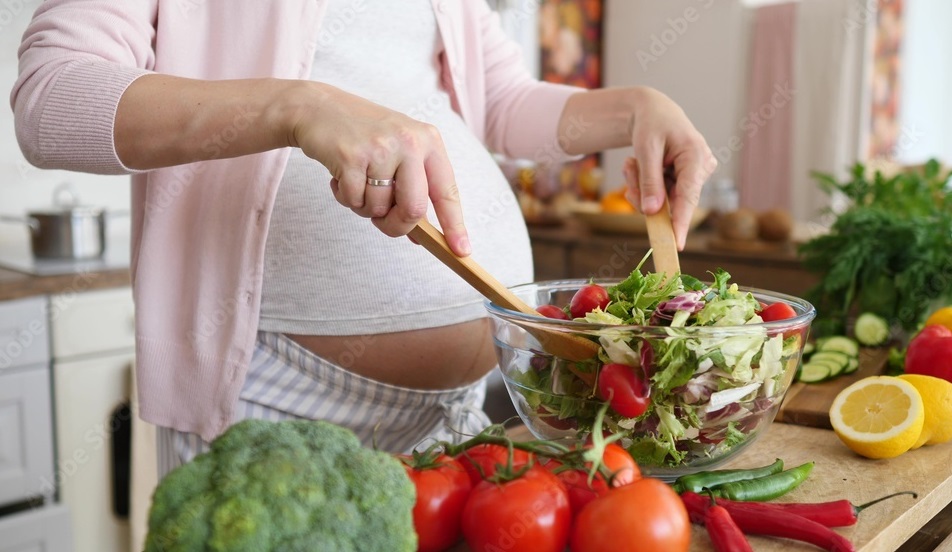Pregnancy is a beautiful journey marked by profound changes, both physical and emotional. During this time, a woman’s body undergoes remarkable transformations to support the growth and development of a new life. Proper nutrition plays a crucial role in ensuring the health and well-being of both the mother and the baby. In this blog post, we’ll explore essential information about pregnancy diet and nutrition to help expectant mothers make informed choices for a healthy pregnancy.
Understanding Nutritional Needs During Pregnancy
Pregnancy imposes increased nutritional demands on the body to support fetal growth, development, and maternal health. While the exact requirements may vary depending on factors such as age, pre-pregnancy weight, and overall health, certain key nutrients are universally important during pregnancy.
- Folic Acid: Adequate intake of folic acid, a B vitamin, is crucial in the early stages of pregnancy to prevent neural tube defects in the developing fetus. Foods rich in folic acid include leafy green vegetables, citrus fruits, fortified cereals, and beans.
- Iron: Iron is essential for the production of hemoglobin, which carries oxygen to the cells in the body. Pregnant women need more iron to support the increased blood volume and to supply oxygen to the growing fetus. Good sources of iron include lean meats, poultry, fish, beans, and fortified cereals.
- Calcium: Calcium is necessary for the development of the baby’s bones and teeth, as well as for maintaining the mother’s bone health. Dairy products, leafy greens, tofu, and fortified juices are excellent sources of calcium.
- Protein: Protein is crucial for the growth and repair of tissues in both the mother and the baby. Aim for a variety of protein sources such as lean meats, poultry, fish, eggs, dairy products, legumes, nuts, and seeds.
- Omega-3 Fatty Acids: Omega-3 fatty acids, particularly DHA (docosahexaenoic acid), play a vital role in the development of the baby’s brain and eyes. Include sources of omega-3 fatty acids such as fatty fish (salmon, mackerel, sardines), flaxseeds, chia seeds, and walnuts in your diet.
- Vitamin D: Vitamin D is necessary for calcium absorption and bone health. Sunlight exposure, fortified dairy products, fatty fish, and vitamin D supplements can help meet the body’s vitamin D needs during pregnancy.
Healthy Eating Tips for Pregnant Women
In addition to focusing on specific nutrients, here are some general tips to promote a healthy pregnancy diet:
- Eat a variety of foods from all food groups to ensure a balanced intake of nutrients.
- Choose whole grains over refined grains for added fiber and nutrients.
- Include plenty of fruits and vegetables to provide essential vitamins, minerals, and antioxidants.
- Stay hydrated by drinking plenty of water throughout the day.
- Limit intake of caffeine and avoid alcohol and tobacco.
- Practice safe food handling and avoid high-risk foods such as unpasteurized dairy products, raw seafood, and deli meats.
Consulting with a Healthcare Provider
Every pregnancy is unique, and individual nutritional needs may vary. It’s essential for expectant mothers to consult with their healthcare providers to develop a personalized nutrition plan based on their specific circumstances. Registered dietitians specializing in prenatal nutrition can also offer valuable guidance and support.
Conclusion:
Proper nutrition is paramount for a healthy pregnancy and optimal fetal development. By paying attention to nutrient-rich foods and following healthy eating guidelines, expectant mothers can nourish themselves and their babies, setting the stage for a positive pregnancy experience and the best possible outcomes. Remember, every bite you take is a step toward nurturing the precious life growing within you.
Also Read:
